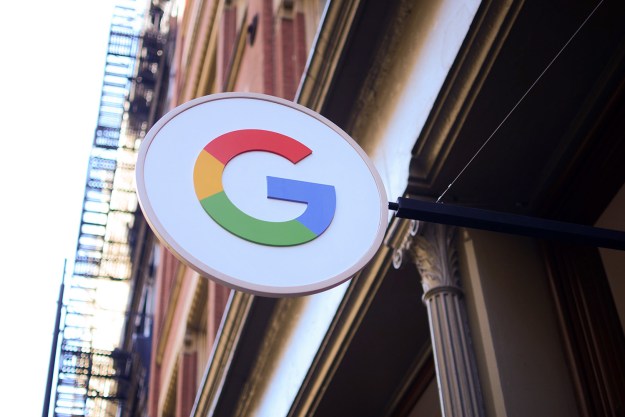It looks like Google wants to make it easier to search for GIFs. The company has announced its acquisition of Tenor, a GIF search engine that was founded in 2014. Details about the acquisition have not been released.
Tenor was initially launched as a way to search for GIFs both on desktop and on mobile. On mobile, it allowed users to quickly and easily search for GIFs straight from their keyboard. According to Tenor, a massive 300 million Tenor users search for GIFs 12 billion times every month, and its partners include the likes of WhatsApp, Facebook, Twitter, and Google. It’s perhaps the scale of its service that attracted Google to buying it in the first place.
“With their deep library of content, Tenor surfaces the right GIFs in the moment so you can find the one that matches your mood. Tenor will help us do this more effectively in Google Images as well as other products that use GIFs, like Gboard,” said Cathy Edwards, director of engineering for Google Images, in a blog post.
The company became known last year for monetizing the GIF-searching experience through sponsored GIFs, and a handful of high-profile brands, including Dunkin Donuts and Starbucks, all jumped on board the new way of advertising.
“The acquisition will enable us to accelerate improvements to Tenor’s service for our users, API partners, content partners, and advertisers,” said Tenor CEO David McIntosh in a blog post. “Tenor will continue to operate as a separate brand to better serve you, and I will continue to lead the Tenor team alongside my co-founders Erick Hachenburg and Frank Nawabi.”
While Tenor will continue to operate as its own brand, it will be interesting to see if the Google acquisition affects its relationship with any other companies. For example, it wouldn’t be all that surprising for the likes of Apple to remove support for Tenor given that Tenor is now owned by what’s perhaps Apple’s biggest rival.
Tenor has generated a lot of interest over the past few years. The company previously raised as much as a whopping $32 million in venture funding, according to Crunchbase.
Editors' Recommendations
- A new Google Pixel Tablet is coming, but it’s not what you think
- Google is paying a $700 million fine, and you’re getting some of it
- Google is finally fixing an annoying issue with its Pixel phones
- Your next Samsung phone might ditch Google Search for Bing
- Someone’s selling a Google Pixel Tablet months before its release date
